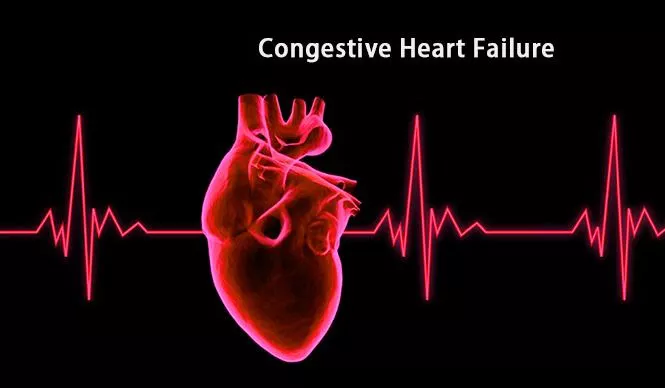Ascites, or the accumulation of fluid in the abdominal cavity, is a common complication seen in dogs with congestive heart failure (CHF). This condition can significantly impact the quality of life and longevity of affected dogs. Understanding the prognosis for dogs with ascites due to CHF requires a comprehensive look at various factors, including the underlying cause of heart failure, treatment options, and overall health status.
What Is Congestive Heart Failure?
Congestive heart failure in dogs occurs when the heart is unable to pump blood effectively, leading to fluid buildup in various parts of the body, including the lungs and abdomen. This condition can be caused by several factors, including:
Heart disease: Conditions such as dilated cardiomyopathy or mitral valve disease.
Heartworm disease: A parasitic infection that can severely damage the heart and lungs.
Arrhythmias: Irregular heartbeats that can affect cardiac output.
Ascites in Dogs with CHF
Ascites occurs when increased pressure in the blood vessels causes fluid to leak into the abdominal cavity. In dogs with CHF, this is often a result of:
Increased venous pressure: Due to the heart’s inability to pump blood effectively.
Decreased oncotic pressure: Resulting from low protein levels in the blood.
The presence of ascites can lead to discomfort, difficulty breathing, and reduced mobility in affected dogs.
Prognosis And Survival Time
The prognosis for a dog diagnosed with ascites due to congestive heart failure varies widely based on several factors:
Underlying Cause: The specific cause of CHF plays a crucial role in determining survival time. For instance:
Dilated cardiomyopathy: Dogs with this condition may live several months to a few years with appropriate management.
Mitral valve disease: This is often more manageable, with many dogs living for years with proper treatment.
Heartworm disease: If treated promptly, dogs can recover well; however, untreated cases can lead to rapid decline.
Treatment Options: The availability and effectiveness of treatment significantly influence survival time. Common treatments include:
Diuretics: To reduce fluid buildup.
ACE inhibitors: To improve heart function.
Dietary changes: Such as sodium restriction.
Regular veterinary check-ups: To monitor heart function and adjust treatment as necessary.
Overall Health Status: A dog’s age, breed, and general health also affect prognosis. Younger, healthier dogs tend to have better outcomes than older dogs or those with concurrent health issues.
Estimated Survival Times
While it is difficult to provide precise survival times due to individual variability, general estimates based on studies and clinical experience suggest:
Mild CHF without ascites: Dogs may live for 1-3 years with appropriate management.
Moderate CHF with ascites: Survival may range from 6 months to 2 years depending on response to treatment.
Severe CHF with significant ascites: Dogs may only survive a few weeks to several months if not treated aggressively.
Monitoring And Quality of Life
Monitoring a dog’s quality of life is essential when managing CHF. Key indicators include:
Appetite: A decrease can signal worsening health.
Energy levels: Lethargy or reluctance to engage in normal activities may indicate deterioration.
Respiratory effort: Increased difficulty breathing warrants immediate veterinary attention.
Veterinarians often use quality-of-life scales to help owners assess their pet’s well-being and make informed decisions about ongoing treatment.
Conclusion
Dogs diagnosed with ascites due to congestive heart failure face significant challenges. However, with appropriate medical management and regular veterinary care, many can enjoy an extended quality of life. The prognosis varies widely based on underlying causes, treatment response, and overall health status. Owners should work closely with their veterinarians to tailor treatment plans that prioritize their dog’s comfort and well-being while considering potential outcomes based on their specific circumstances.
By understanding these factors, dog owners can better navigate the complexities of managing CHF and make informed decisions regarding their pet’s care.
Related topics:
- How Long Can You Live with Stage C Heart Failure?
- How Does Hyperthyroidism Cause Heart Failure?
- How Long Can You Live with Copd And Congestive Heart Failure

